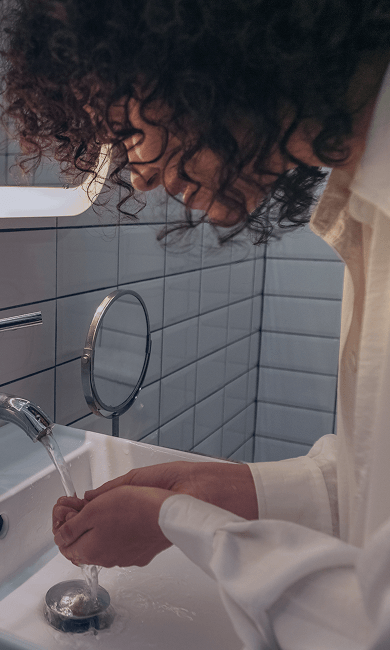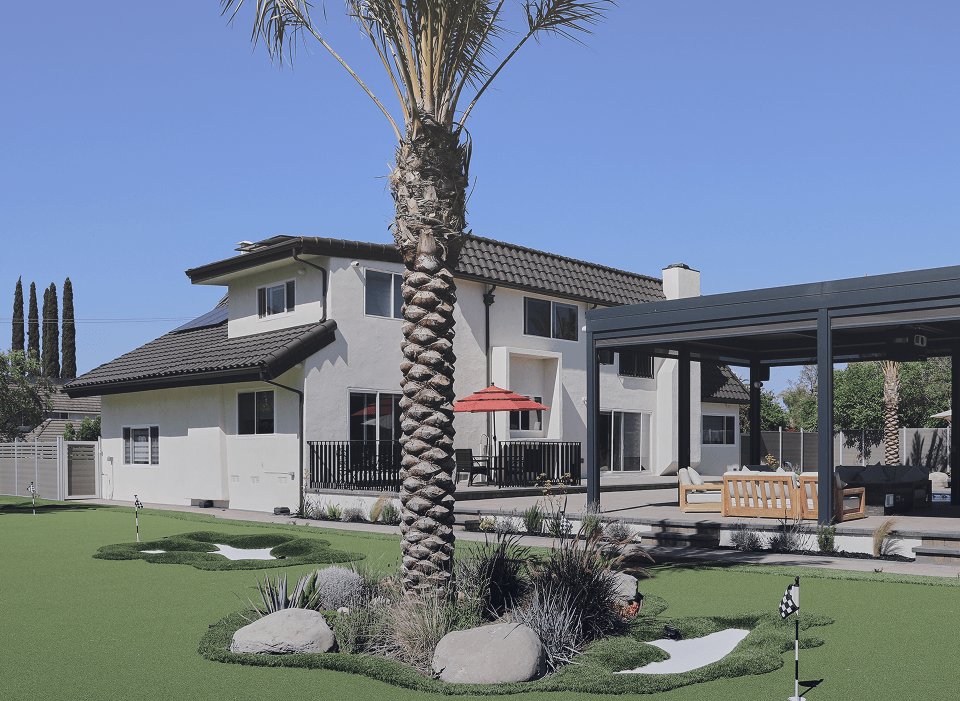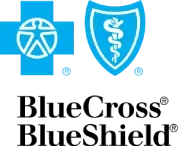
Crack Cocaine Addiction Treatment
Crack is an illicit drug. Its regular usage causes intense highs lasting around an hour and developing severe addiction.
Scroll
Overcoming crack cocaine addiction requires specialized care to address its unique challenges. The drug’s intense, short-lived high creates powerful neurological reinforcement that demands comprehensive crack cocaine addiction treatment. Effective programs combine medical stabilization with behavioral therapies to disrupt the cycle of craving and use, while addressing the underlying psychological and social factors that sustain addiction. Research shows that integrated treatment approaches yield the highest success rates for achieving lasting recovery from this particularly destructive form of substance dependence.

What Is Crack Cocaine Addiction Treatment?
Treatment for crack cocaine dependence is a complete, staged approach aimed at helping users stop consumption, manage detoxification, overcome urges, and develop skills for permanent recovery. Rather than a single solution, it’s an adaptive framework that adjusts as patients progress.
Leading rehabilitation plans go beyond mere drug cessation—they address underlying issues like past psychological wounds, co-occurring disorders (such as depression or anxiety), and triggering social settings. Full-spectrum care combines clinical monitoring, counseling, and structured relapse prevention to reinforce sobriety.
What Are the Treatments for Crack Cocaine Use Disorder?
Effective crack addiction treatment requires an individualized strategy, merging proven therapies adapted to the person’s addiction intensity, medical background, and personal circumstances. A well-rounded crack recovery plan enhances the likelihood of sustained wellness by addressing both immediate crack withdrawal symptoms and long-term behavioral changes.
Medication-Assisted Treatment (MAT) for Crack Cocaine Addiction
While no drugs have exclusive FDA clearance for crack cocaine rehab, physicians sometimes recommend off-label medications to mitigate withdrawal discomfort. Potential prescriptions include mood-regulating antidepressants (for emotional stability during early recovery), sedatives for anxiety reduction, or wakefulness-promoting agents like modafinil to offset exhaustion and brain fog. Crucially, MAT should never stand alone in crack addiction help; it’s most effective when paired with behavioral therapies and counseling.
Crack Cocaine Detox
The initial phase of recovery involves medically monitored detox, which safely clears toxins from the body while addressing withdrawal effects. Coming down from crack cocaine often produces severe physiological and psychological reactions such as unpredictable emotional shifts, overwhelming drug cravings, prolonged exhaustion alternating with hypersomnia, erratic behavior patterns, and diminished capacity to experience pleasure. Professional detox centers offer 24/7 medical oversight to stabilize patients physically and emotionally before transitioning them to therapeutic interventions.
Behavioral Therapy
Psychological interventions form the core of effective treatment, utilizing several clinically validated methods:
- Cognitive Behavioral Therapy helps modify the destructive thought processes that fuel substance abuse.
- Contingency Management systems reinforce positive behaviors through tangible rewards for maintaining sobriety.
- Motivational Enhancement techniques foster internal drive for change by resolving ambivalence about recovery.
Together, these approaches provide essential skills for managing triggers and preventing relapse in daily life.
Inpatient and Outpatient Rehab
Rehabilitation programs offer flexible structures designed to meet individual circumstances:
Inpatient Care
- Provides 24/7 medical and therapeutic support in a substance-free facility
- Typical duration ranges from 30-90 days for comprehensive treatment
- Ideal for severe addictions or unstable home environments
Outpatient Services
- Allows patients to continue work/school while attending treatment
- Requires 3-5 weekly therapy sessions (individual and group)
- Best for mild-to-moderate cases with strong support systems
Maintenance vs. Detox: Which Is Right for You?
Detox alone is insufficient for lasting crack recovery, it’s a short-term fix for physical dependence.
Maintenance, however, involves ongoing therapy, peer support, and lifestyle adjustments to address addiction’s psychological grip.
Without long-term care, relapse rates post-detox skyrocket.
Life After Detox: What Comes Next?
Post-detox, rebuilding a drug-free life requires dedication. Critical aftercare elements include:
- Continued counseling (individual/group sessions)
- Peer support groups (e.g., Cocaine Anonymous, SMART Recovery)
- Sober living homes for transitional stability
- Relapse prevention training to identify and neutralize triggers
- Holistic wellness practices (exercise, nutrition, mindfulness)
Practical Steps for Supporting a Loved One
When someone you care about is battling crack addiction, your support can be instrumental in their recovery journey. These evidence-based strategies provide concrete ways to assist while maintaining healthy boundaries.
Step 1: Recognize the Signs
- Physical indicators: Track marks, burned fingers/lips, respiratory issues, weight loss
- Behavioral changes: Hyperactivity followed by crashes, paranoia, secretive behavior
- Lifestyle consequences: Financial instability, neglected responsibilities, legal problems
Step 2: Educate Yourself About Addiction
- Research crack cocaine’s neurobiological effects
- Understand withdrawal timelines (3-7 days acute phase, months of cravings)
- Learn evidence-based treatment options (CBT, contingency management, etc.)
Step 3: Initiate a Compassionate Intervention
- Choose a neutral time when they’re sober
- Use specific examples: “I noticed you missed work three times this month after using”
- Express concern without judgment: “I’m worried about your health.”
Step 4: Facilitate Professional Treatment
- Have rehab center brochures ready (look for ASAM Level 3.7 or 4.0 programs)
- Offer to schedule and attend the initial assessment
- Discuss insurance coverage and payment options
Step 5: Implement Structured Support
- Remove drug paraphernalia from shared living spaces
- Establish financial boundaries (no cash loans, joint account monitoring)
- Create a relapse response plan with their treatment team
Crack Cocaine Addiction Help
Our specialists are available to discuss tailored treatment solutions for crack cocaine dependency.
Contact us to begin crafting your individualized recovery plan with compassionate, evidence-based care designed for lasting results.












